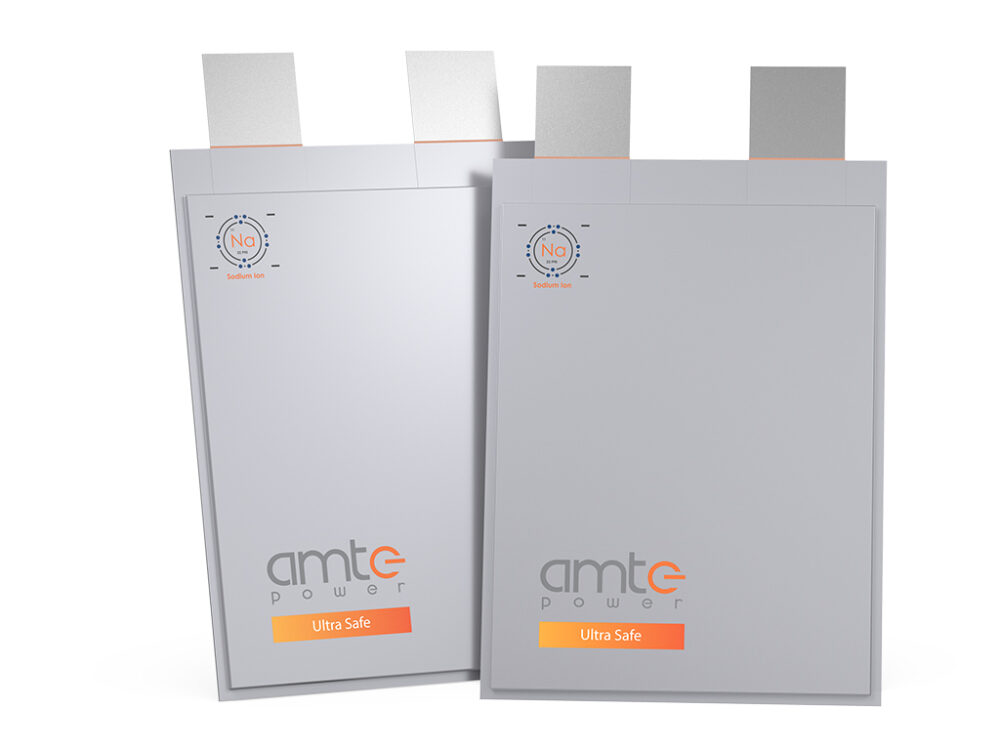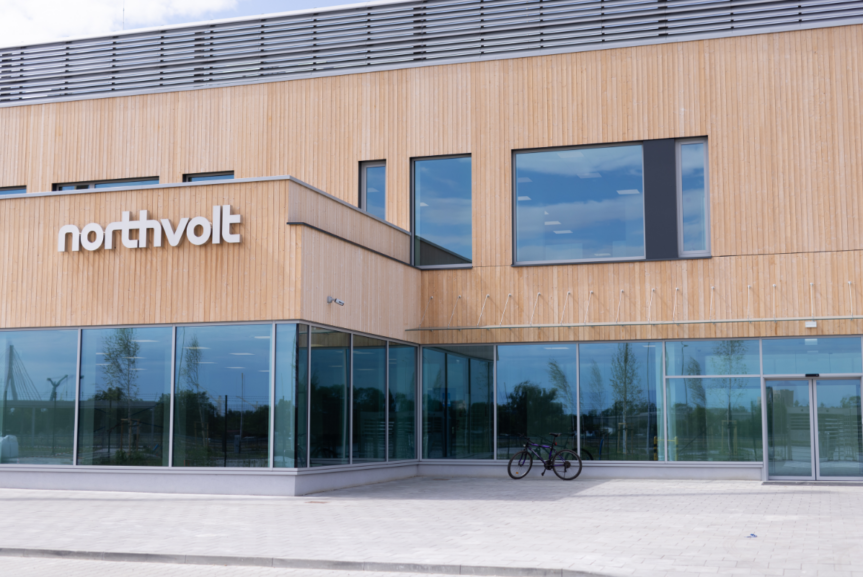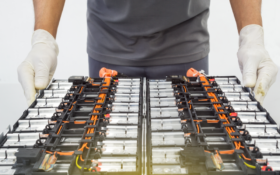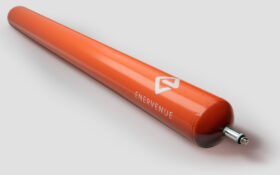A thousand sodium-ion batteries will be incorporated into systems to power solar-powered energy storage units in remote sub-Saharan African communities.
Cell developer AMTE Power is using technology licensed from sodium-ion pioneer Faradion in the batteries that will be used to power AceOn’s portable energy storage systems.
The 1,000-battery order is the first for AMTE which entered into a partnership with Faradion to develop its Ultra Safe, 135-140Wh/kg cells last year.
All three British firms have combined to bring to commercialisation the AceOn’s AceOnPES systems that can be used for primary or back up power generation where the electricity infrastructure is not reliable, or it is insufficient to meet localised needs.
AMTE is developing its Ultra Safe cells at an existing facility at Thurso, Scotland, while it simultaneously progresses plans for its new UK gigafactory.
Mark Thompson, managing director of AceOn, said: “The battery industry is reliant on rare earth minerals like lithium and cobalt, which are finite in supply.
“We’ve been championing sodium-based technology for years as a sustainable alternative to lithium-ion and, thanks to our partnership, we can finally use it in our products, starting with the AceOnPES and later making it part of our standard battery ranges for OEMs. These batteries are the future.”
New battery technologies are the focus of the Faraday Battery Challenge, where Mark Thompson sits on the advisory board.
Kevin Brundish, CEO at AMTE Power, said: “Sodium-ion has huge potential for application in energy storage where there is a need to dramatically scale-up production of safe, stable battery technology alongside the growth of renewables.
“The UK has long been a pioneer in new battery technology and partnerships like ours underpin the opportunity for the UK to be the driving force in the development of sodium-ion.”
Faradion was bought by Reliance Industries in a £100 million ($136 million) deal.
Sodium-ion deal could see the technology’s global commercialisation centred in India












